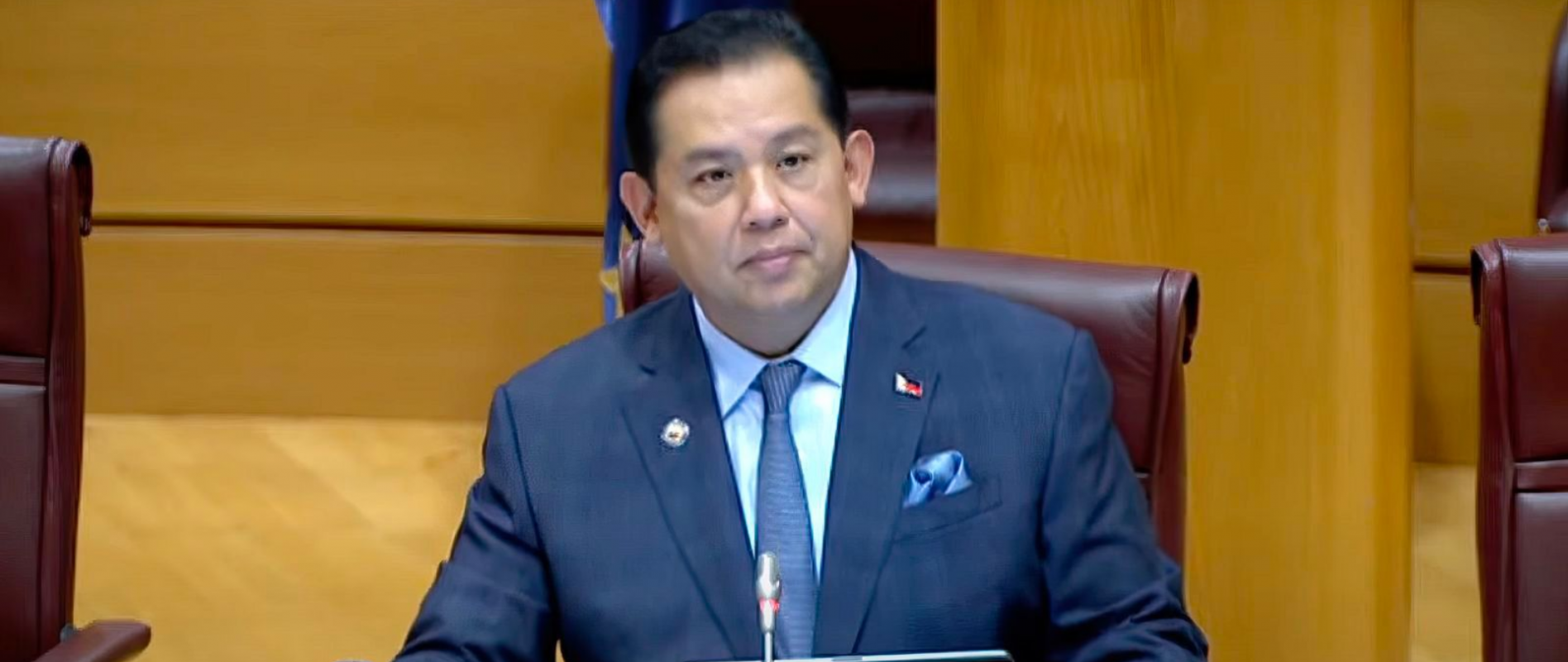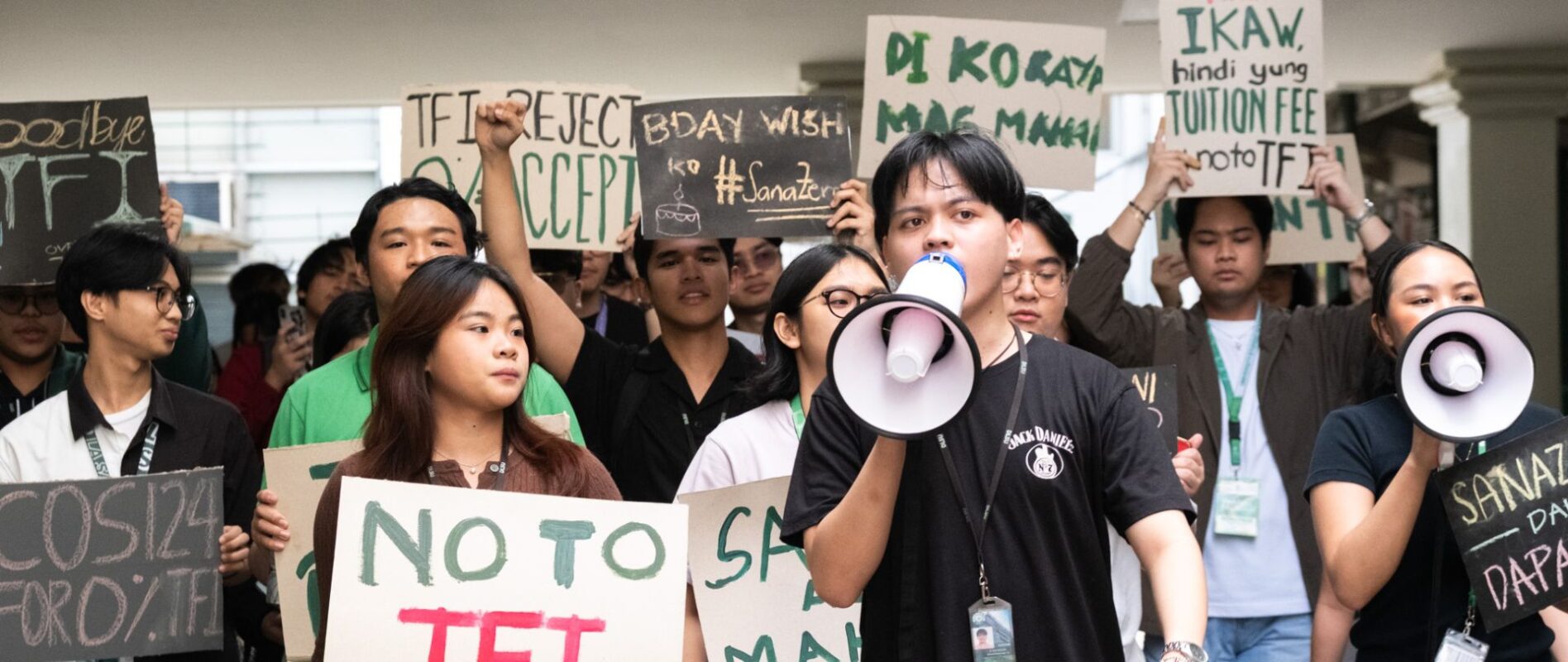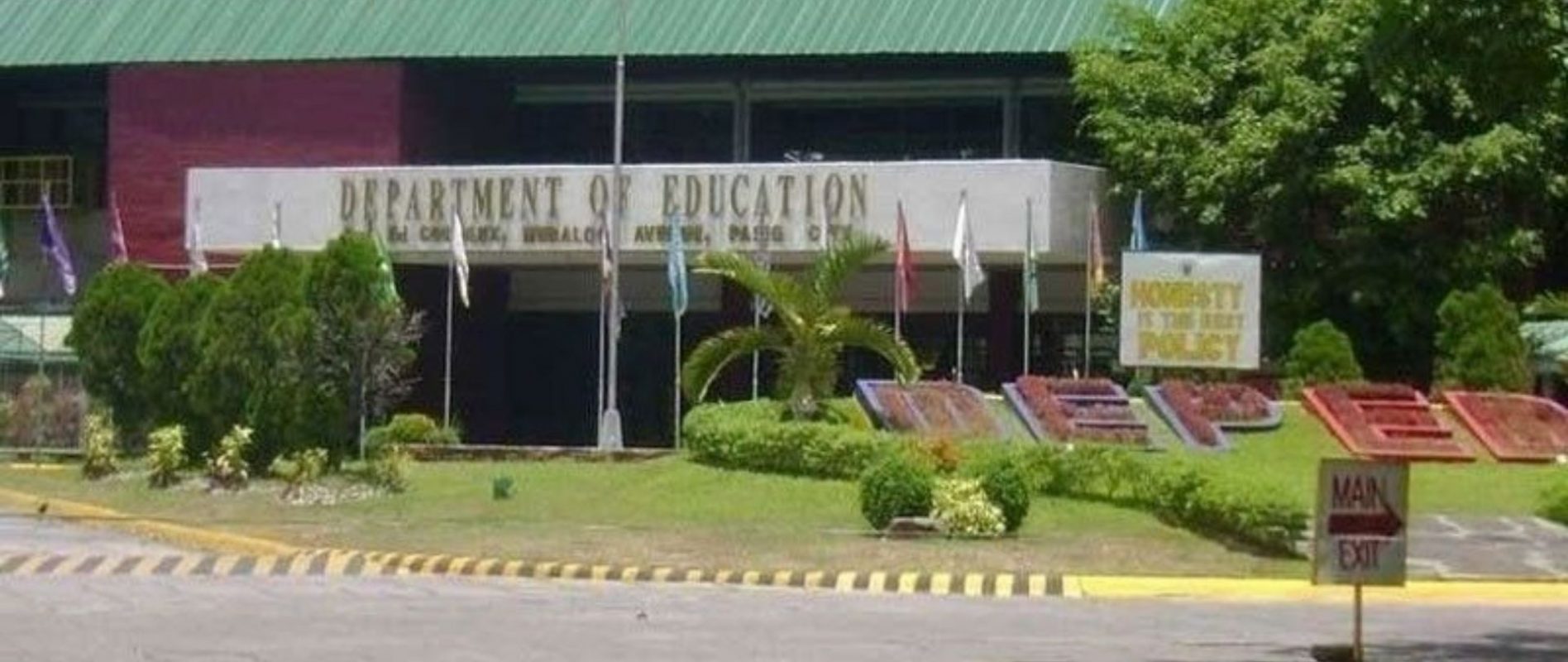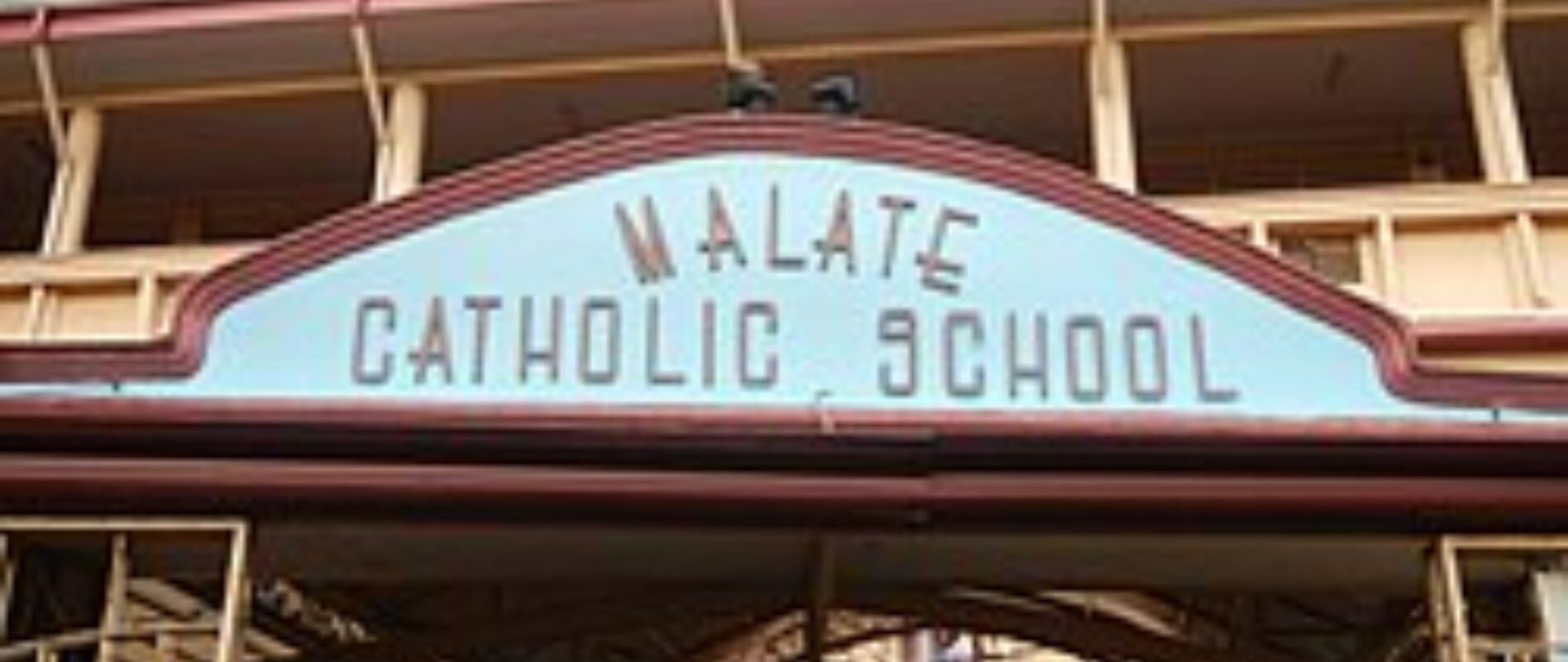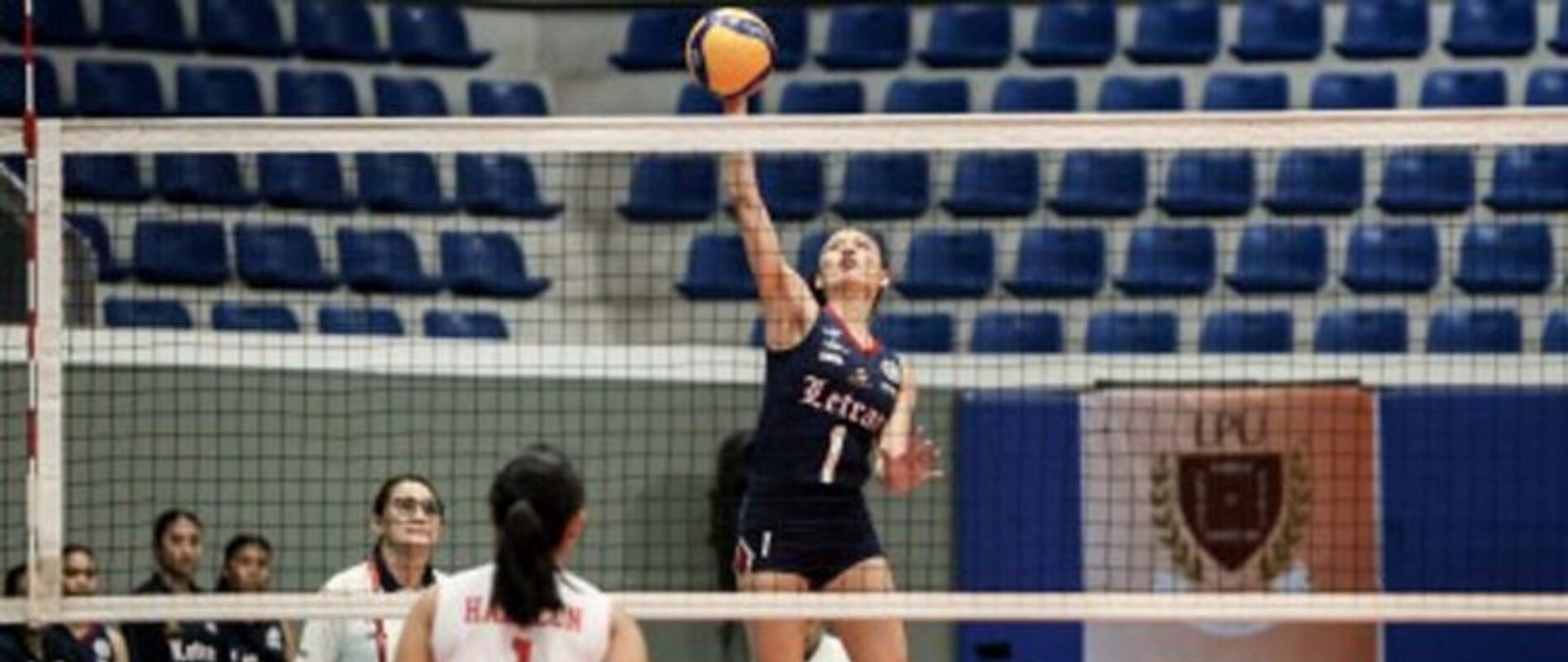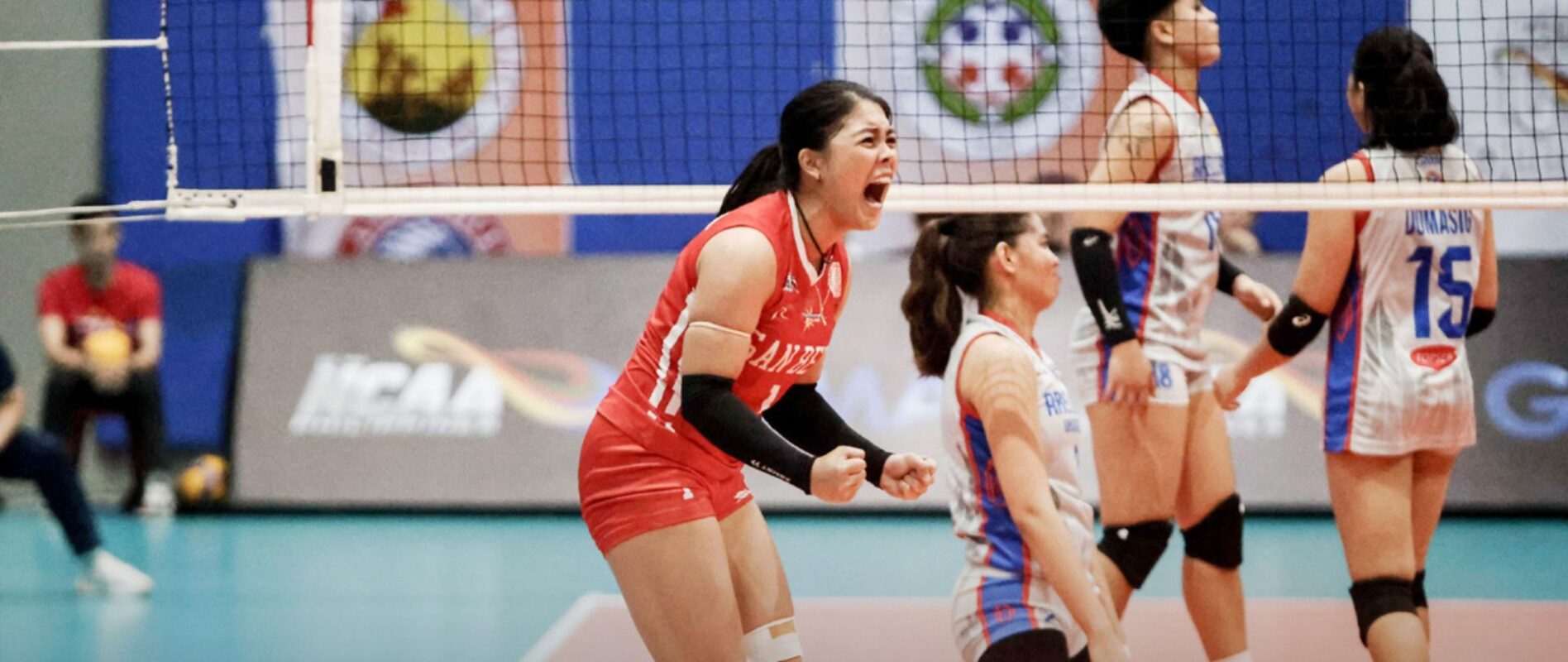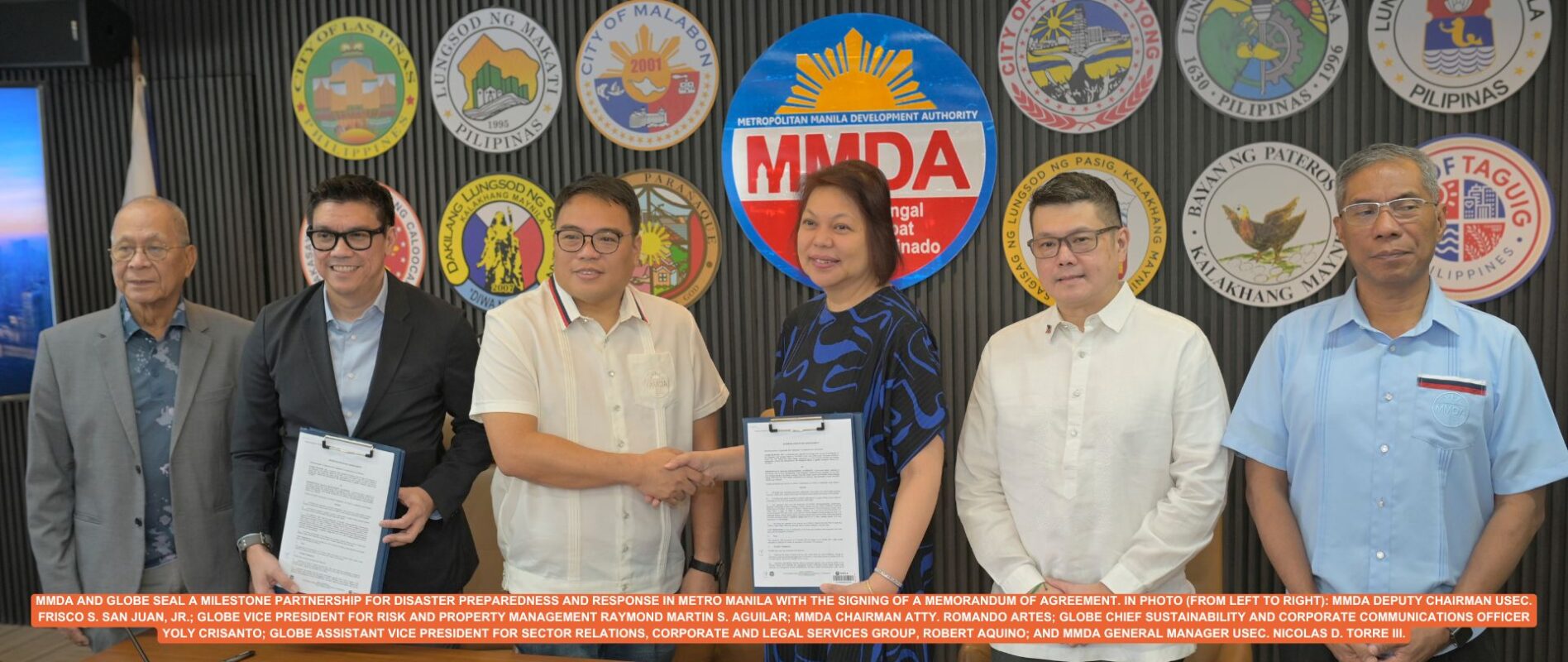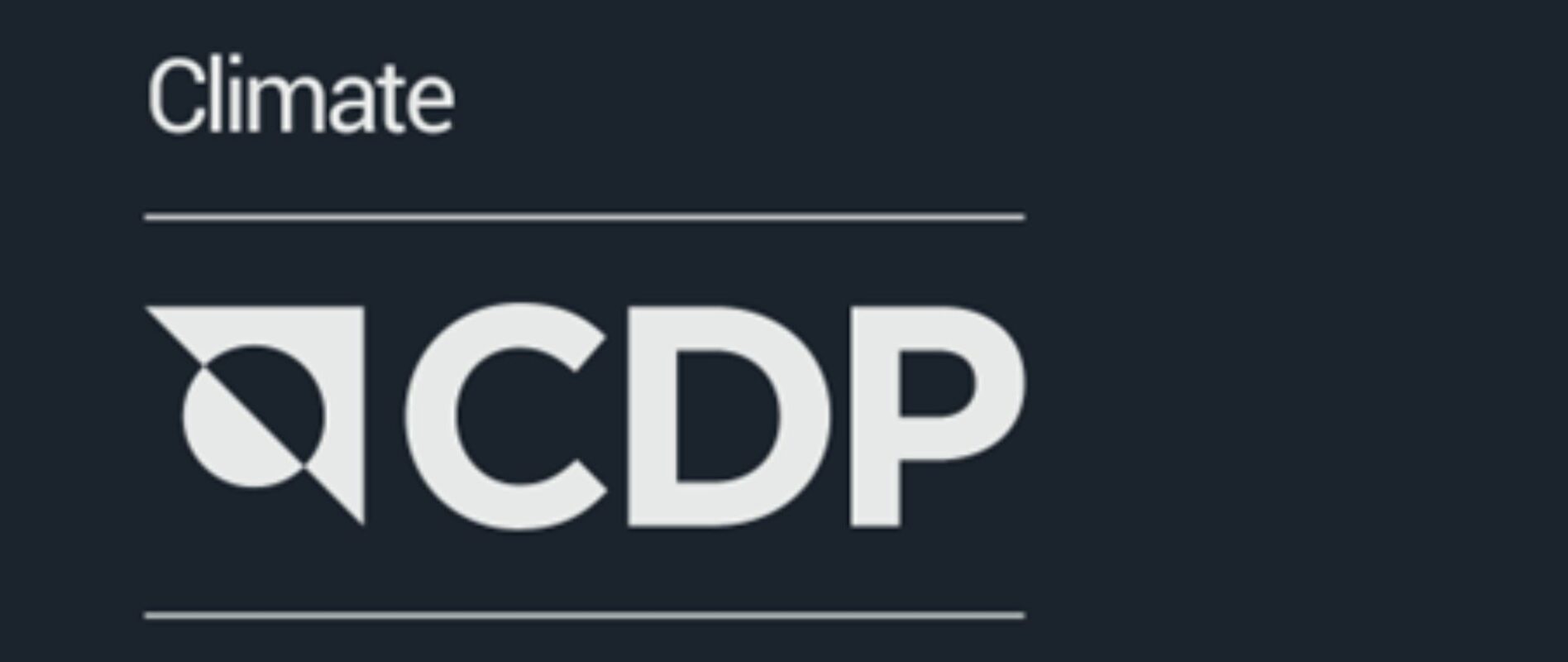SOLON FILES BILL TO REPLACE E-GASTPE WITH MODERN, INCLUSIVE VOUCHER SYSTEM
HOUSE Speaker Ferdinand Martin Romualdez on Monday filed a bill seeking to repeal the decades-old E-GASTPE law and replace it with a modern, inclusive voucher system to better support students and teachers in private basic education.
Romualdez filed House Bill No. 4, titled the Private Basic Education Vouchers Assistance Act, as one of his key education reform initiatives at the opening of the 20th Congress.
Romualdez, recently reelected as Speaker of the 19th Congress, was joined by Tingog Party-list Representatives Andrew Julian Romualdez and Jude A. Acidre as co-authors.
The proposed measure repeals core provisions of Republic Acts Nos. 6728 and 8545, collectively known as the Expanded Government Assistance to Students and Teachers in Private Education (E-GASTPE).
In its place, HB 4 establishes a comprehensive system of student vouchers, teacher subsidies, and institutional support to revitalize the private education sector.
“The old E-GASTPE law is no longer responsive to the needs of the times,” Romualdez said. “We are filing this bill to ensure that no Filipino learner is left behind—a core value of President Ferdinand ‘Bongbong’ Marcos Jr.’s Bagong Pilipinas campaign.”
Under the bill, qualified students—particularly from middle-income and underprivileged families—will receive government-issued vouchers to enroll in private basic education schools, especially in areas where public schools are overcrowded or unavailable. Voucher amounts will be based on household income, with the poorest families receiving the highest subsidy.
“This voucher system isn’t just about transferring students. It’s about expanding choices, empowering families, and correcting the imbalance in our education system,” Romualdez said.
The bill also proposes the creation of a Bureau of Private Education under the Department of Education, tasked with overseeing the voucher system, teacher support programs, and school development initiatives. An inter-agency Basic Education Assistance Council, composed of DepEd, DBM, and NEDA, will provide strategic oversight.
Romualdez also cited long-standing challenges facing private schools, particularly the 48% drop in enrollment during the COVID-19 pandemic.
Many private school teachers have since transferred to public schools in search of higher pay and job security, further weakening the private sector.
“This is also a labor issue. We cannot afford to neglect our private school teachers. When we lose them, we also endanger the future of the children who rely on them,” he added.
To address this, the bill includes a Teachers’ Salary Subsidy Fund and an In-Service Training Fund to support teacher retention and professional development.
Participating schools must undergo a recognition process and will be subject to regular performance evaluations. However, schools in conflict-affected or geographically isolated areas will be given more flexible participation guidelines.

